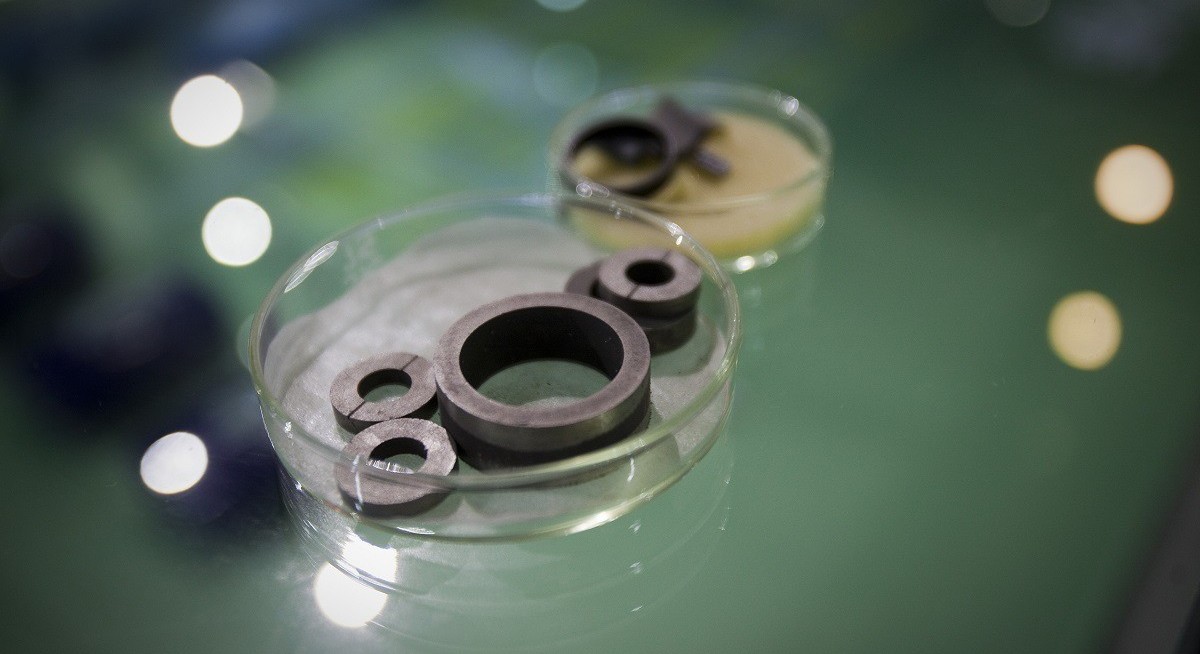(Oct 22): China convened an unusually large meeting with foreign businesses in an effort to reassure them that its new rare earth export controls aren’t meant to restrict normal trade — evidence policymakers are trying to calm a backlash over the move.
Vice Commerce Minister Ling Ji told representatives from more than 170 foreign companies and business chambers on Monday that Beijing’s export curbs are a “responsible act” intended to protect world peace and stability, according to a ministry statement that didn’t identify the firms.
“China will continue to approve legitimate transactions according to law, and work to maintain the stability of global supply chains,” Ling said at the roundtable in Beijing.
Ling’s comments sought to add clarity to how China will implement its export policies after authorities outlined tighter controls on shipments of rare earths and other critical materials. The announcement this month contributed to rising tensions between China and the US, threatening a trade truce that’s set to run out on Nov 10 unless extended.
China unveiled the export controls after Washington broadened some tech curbs and proposed levies on Chinese ships entering US ports. In response to China’s restrictions, Trump said he would impose an additional 100% tariff on Chinese goods as well as export curbs on “any and all critical software” beginning Nov 1.
China’s broad new controls jolted governments around the world and set off a race to secure alternative supplies. On Monday, US President Donald Trump signed a landmark pact with visiting Australian Prime Minister Anthony Albanese to boost America’s access to rare earths and other critical minerals.
See also: BHP sells iron ore cargoes to China buyers despite CMRG curbs — Bloomberg
At the same time, Trump declared “full steam ahead” on the Aukus agreement among the US, Australia and the UK. Aukus is designed to check China’s military advance in the Indo-Pacific as Beijing’s power swells alongside its economic strength.
Also on Monday, China’s Commerce Minister Wang Wentao used a call with Dutch Economic Affairs Minister Vincent Karremans to warn that the Netherlands’ move to take control of Chinese-owned chipmaker Nexperia has “seriously affected” the stability of the global supply chain.
The Dutch government said it would remain in contact with Chinese authorities to work “towards a constructive solution”.
See also: Silver hits all-time high as London squeeze upends market
The call came a week after the Netherlands seized control of Nexperia using an emergency Cold-War era law. The company is a subsidiary of China’s Wingtech Technology Co and a key supplier of mature chips used by the automotive and consumer electronics industries.
The Dutch government took control of Nexperia after a warning by the US government in June that it would need to replace chief executive officer Zhang Xuezheng for the firm to qualify for exemption from a list of sanctioned companies. Wingtech was put on the US Entity List in 2024, and the concern was that Nexperia would not act independently of its parent.
The move heightened European trade tensions with Beijing, which retaliated by blocking Nexperia from exporting products from the company’s Chinese plant.
Europe’s auto industry is preparing for production disruption because of China’s export restrictions on semiconductors made by Nexperia, Bloomberg News reported earlier, citing people familiar with the matter, who asked not to be identified as the discussions are private.
Chip shortages are likely to hit key suppliers within a week, while the impact could spread across the entire sector within 10 to 20 days, according to people familiar with the matter, who asked not to be identified as the discussions are private.




